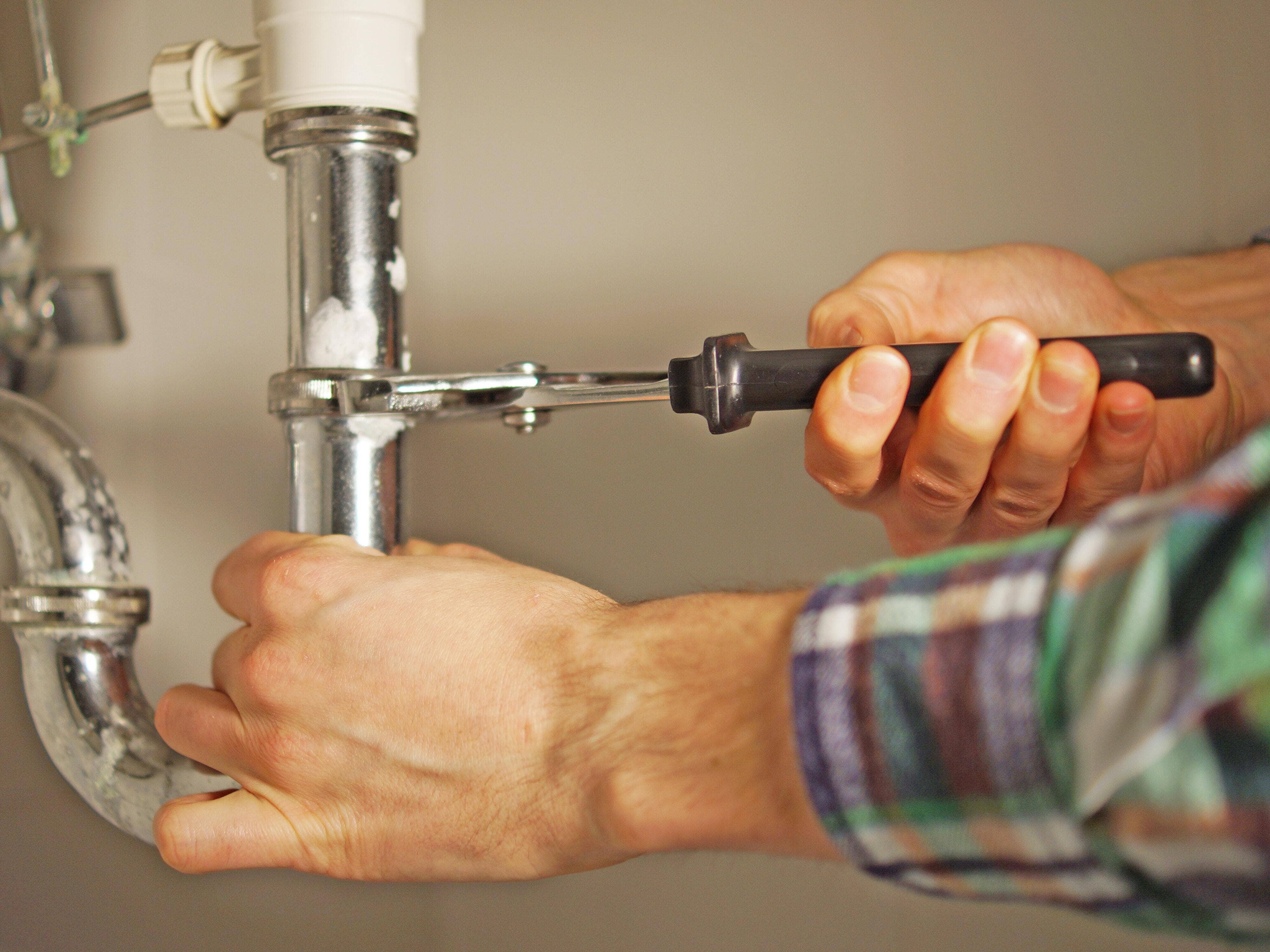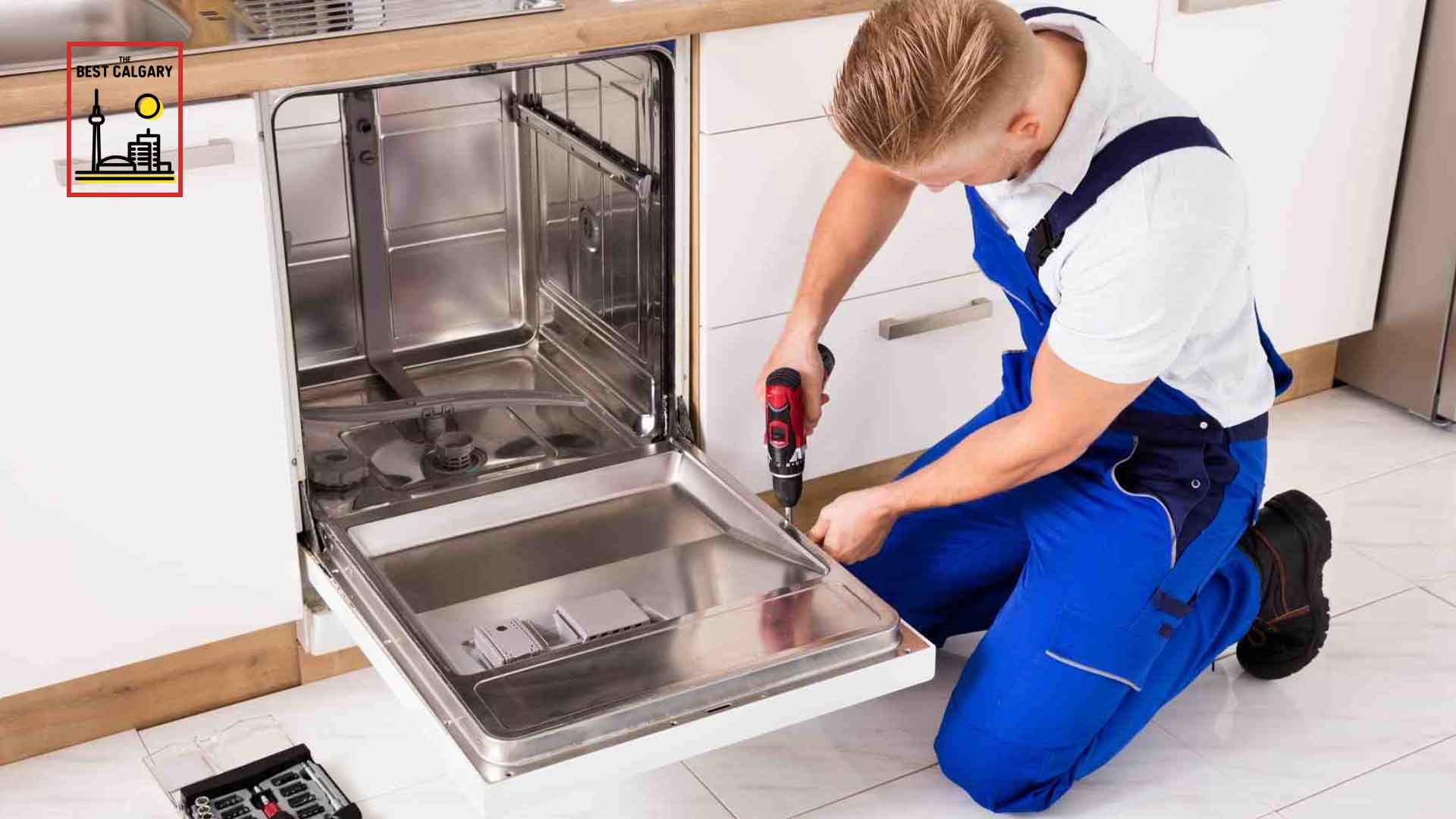6 Key Things You Should Stop For Your Plumbing
6 Key Things You Should Stop For Your Plumbing
Blog Article
Everyone seems to have his or her own piece of advice when it comes to Ways to Make Your Pipes Last Longer.

The key to long-term devices, unsurprisingly, appertains upkeep. There's no hard and fast guideline that can ensure your plumbing devices a lengthy wear, yet you can prevent unnecessary damage as well as repair services by staying clear of negative plumbing habits.
You should stop doing these 6 things else you'll keep calling your plumber over for minor faults.
Flushing whatever
Yes, your bathroom drainpipe leads to the drains, however that does not indicate you must unload simply anything away. Many 'flushable' products are in fact great blockage starters, for example dental floss. Asides keeping noticeable non-flushable products like cords as well as plastics out of your bathroom, you ought to also avoid flushing cotton buds, menstrual products, wipes, daipers and condoms down the commode drainpipe.
Pouring grease in the sink
We know effectively disposing of oil after a hearty meal is a discomfort. Yet just pouring it down the drain can do long-term injury to your pipelines. "The fat as well as grease can obstruct your drainpipe terribly adequate to compel you to call a plumber," describes Dawson. "Plumbing works best when it's well cared for-- not abused with oil."
Utilizing excessive drainpipe cleaner
Making use of a drainpipe cleaner greater than one or two times a month is an indication that something serious is taking place within your pipes. Now, instead of encountering the major concern, you choose a quick fix; a carbonated drain cleaner. Rightfully, a drainpipe cleaner will look after the obstruction, yet at what expense?
The chemicals in a drain cleaner can quicken the corrosion of your pipelines. Include that to whatever underlying trouble is triggering the clog and you might need to a severe issue on your hands.
If you experience way too many clogs, call your emergency plumber rather than utilizing a drainpipe cleaner.
Not washing recipes prior to filling them into the dish washer
it's called a dishwasher, but tossing in meals, pots, and also pans covered in huge food fragments can really trigger some severe damages to the home appliance, bring about lasting troubles down the line. "Home owners might need to get their dishwashing machine fixed regularly if they don't wash their dishes prior to loading, or a minimum of remove bigger food items," describes Audrey Monell, owner of Forrest Anderson Plumbing and also A/c in Glendale, Arizona. "Food that obtains stuck on dishes triggers the dish washer to function harder, which can wear down components faster, causing issues."
DIYing every little thing
With plumbing, a stitch in time actually does save nine. You can stop a fullblown plumbing emergency by calling your plumber at the correct time.
You may have found out a few plumbing hacks from your father, but you should recognize where to draw the line and also call an expert. As an example, you may have the ability to fix a blockage on your own, but you shouldn't try to alter a pipeline. You can inequality pipes or overtighten a bolt, triggering even more injury and also damages than you thought. Calling a plumber is a risk-free and also economical choice.
Not transforming your dishwasher hoses
One easy method to make sure that you utilize your dish washer for several years is to change the hose pipe a minimum of when in five years. This likewise gets cleaning maker tubes.
With time, food particles, soap and oil can form clogs within your pipes. Changing them promptly will avoid any type of presure develop that can harm the interior operations of your dishwashing machine or washing maker.
An enhanced steel entwined tube does a wonderful work of extending your maker's use time.
No winter season precautions
Severe climate condition misbehave for your pipes, especially if they're constructed from steel. You need to shield your subjected pipes, and your water container, even if you have a hot water heater. You ought to also switch off your garden hose shutoff as well as any other exterior water channels. These channels are electrical outlets for cool; you pipelines can start to freeze from outside if you do not.
Ways That Hard Water Affects Your Plumbing And Appliances
CLOGGED DRAINS
Calcium and magnesium from hard water go beyond the drain screen that you clean. Each time water passes through the drain screen, the minerals attach to the sides of the pipes and other hard water deposits. As you continue to use the drain, more of the minerals attach to these deposits, eventually clogging the drain. Most drain cleaners remove only a small amount of the minerals, so the drain continues to run slow and back up water in your sinks, tubs, and showers.
DECREASED WATER FLOW
Do you have a faucet that runs slow even when you increase the water flow at the valve? Hard water deposits not only affect how water runs out of your home but also how water is delivered to your faucets. When calcium, magnesium, and minerals build up in pipes, it slows the flow of water and also builds up pressure inside the pipes that causes a backflow of water.
CORROSION
Calcium and magnesium have properties that are destructive to certain types of metal, many of which are used for plumbing in older homes. The minerals slowly break down the metal in your pipes. This can cause leaks, breaks, and even discolored water. If the corrosive section of the pipe is not repaired and the hard water deposits removed, entire sections of your plumbing may disintegrate. You may end up replacing a large portion of your plumbing system. Corrosion can happen on any metal surface, not just your pipes. Calcium and magnesium can also cause corrosion on your faucets, drains, valves, appliances, and fixtures.
REDUCED WATER QUALITY
You rely on your plumbing system to deliver clean water for cooking, washing your clothes, bathing, and many other daily tasks. Hard water has small particles of minerals in it. The water is safe to drink, but it is not ideal for your appliances. The minerals interfere with how soaps and detergents work to remove dirt, food, oils, and other substances. As a result, you must use more cleaning products, and your appliances have to work harder to clean dishes and clothes.
BROKEN PIPES AND LEAKS
Broken pipes and leaks from hard water happen in two ways. First, hard water is corrosive to the materials that are used in older homes. Eventually, minerals eat through the pipe and create a small opening in the side of the pipe. The opening grows larger and larger until you have a major leak on your hands. Second, the mineral deposits inside the pipes prevent water from flowing through efficiently. If the water is pushed through the plumbing at the same volume, pressure builds up, and eventually, the pipes and connections fail.
ENERGY EFFICIENCY
Hard water and mineral deposits in your plumbing affect the energy efficiency of your appliances, even the older models that do not meet modern standards. When you find a white residue on your dishes or your clothes don’t feel clean, you may find yourself running the wash cycle a second time. This requires more energy use and raises your utility bills. Some newer high-efficiency models of dishwashers and washing machines have sensors that detect when items are clean. Hard water deposits on the dishes or clothes will trigger the sensors and cause the appliance to run longer.
Another way that hard water affects your budget is the investment you make in products for hard water deposits. Rather than spending your money on higher utility costs and household products, invest in a water softening system from Beyer Plumbing Co. to prevent the problems of hard water.
WEAR AND TEAR
Hard water deposits build up on the connections, drains, and jets in your washer or dishwasher that circulate the water and clean your clothes and dishes. As a result, water may collect inside your appliances, creating the ideal environment for corrosion, mold, and other damaging substances. The components break down sooner, and your appliances may not last as long as expected. In some cases, the lifetime of an appliance may be reduced by three or four years simply due to hard water deposits. Using soft water in your appliances ensures that you get the maximum return on your investment.
https://beyerplumbing.com/9-ways-that-hard-water-affects-your-plumbing-and-appliances/

Hopefully you liked our part on Ways to Make Your Pipes Last Longer. Thanks a lot for finding the time to read through our blog post. Sharing is nice. You never know, you will be helping someone out. Thanks a bunch for your time. Kindly come by our blog back soon.
Book A Service Call Report this page